E.W. Korngold Goes to Kikkatsu (Nicholas Bentz)
Nicholas Bentz
view composer page

Duration:
6-10 minutes
09:00
Year Written:
2018
Instrumentation:
piccolo,2 flutes,2 oboes,English horn,2 clarinets,bass clarinet,2 bassoons,contrabassoon,4 horns,3 trumpets,2 trombones,bass trombone,timpani,3 percussion,harp,synthesizer,strings
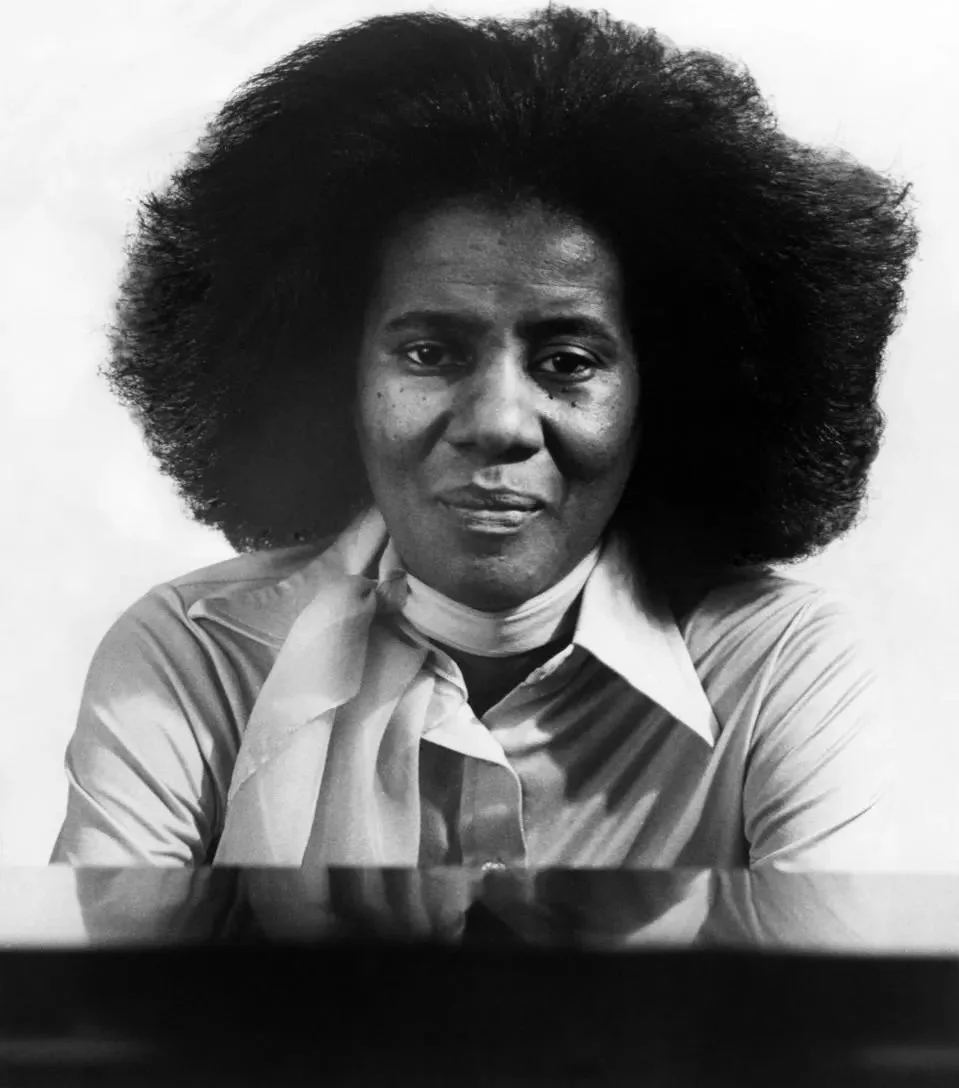
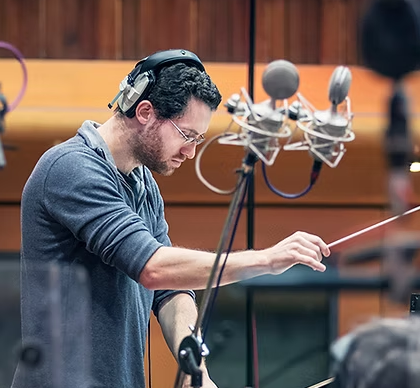

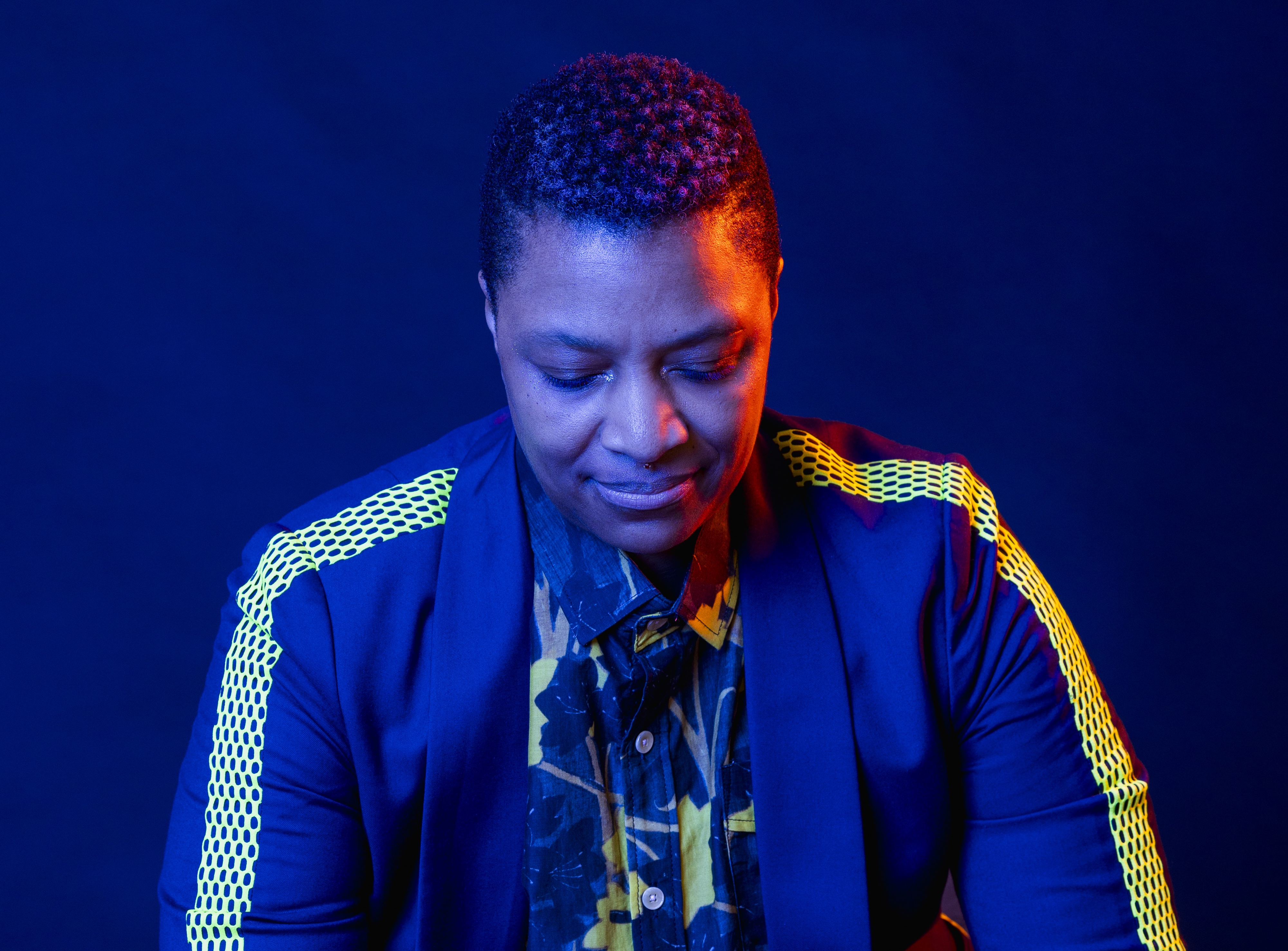














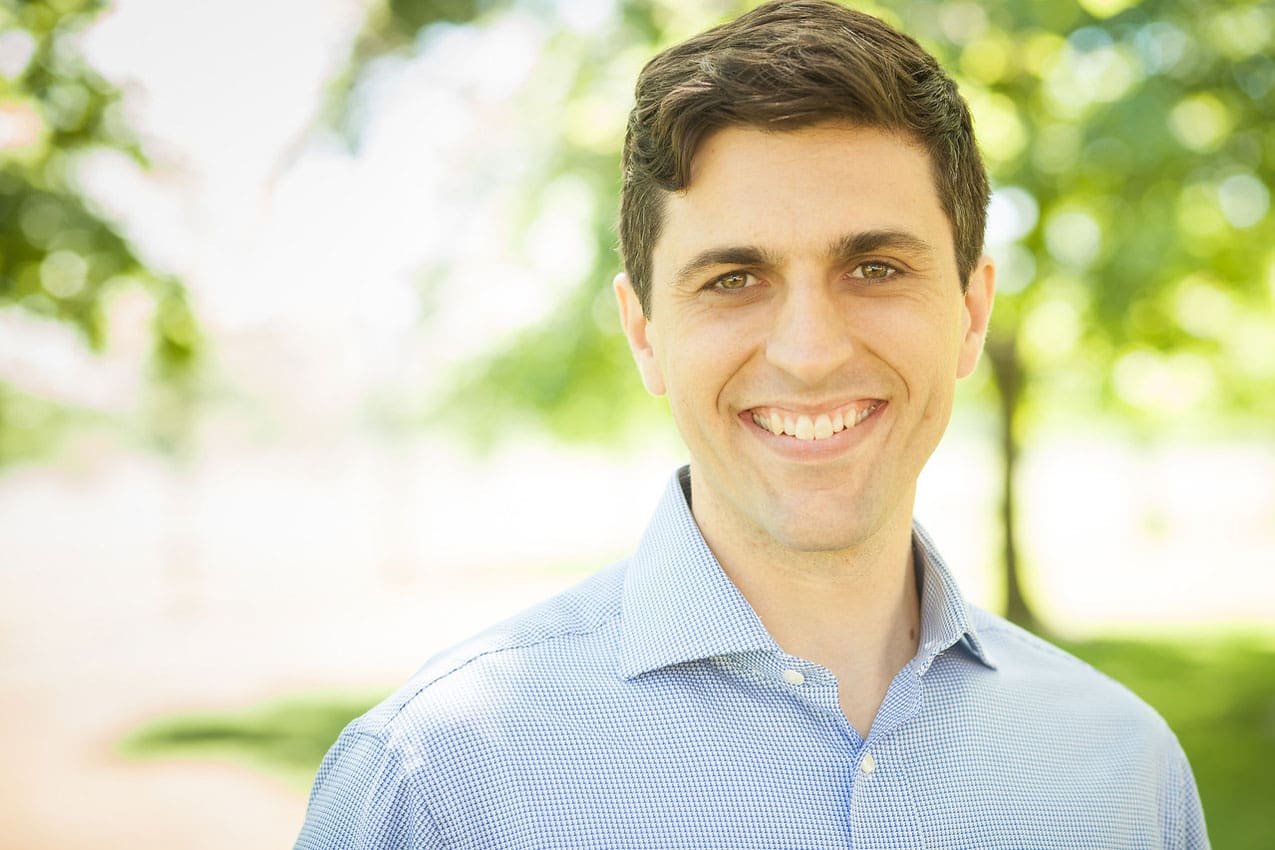



































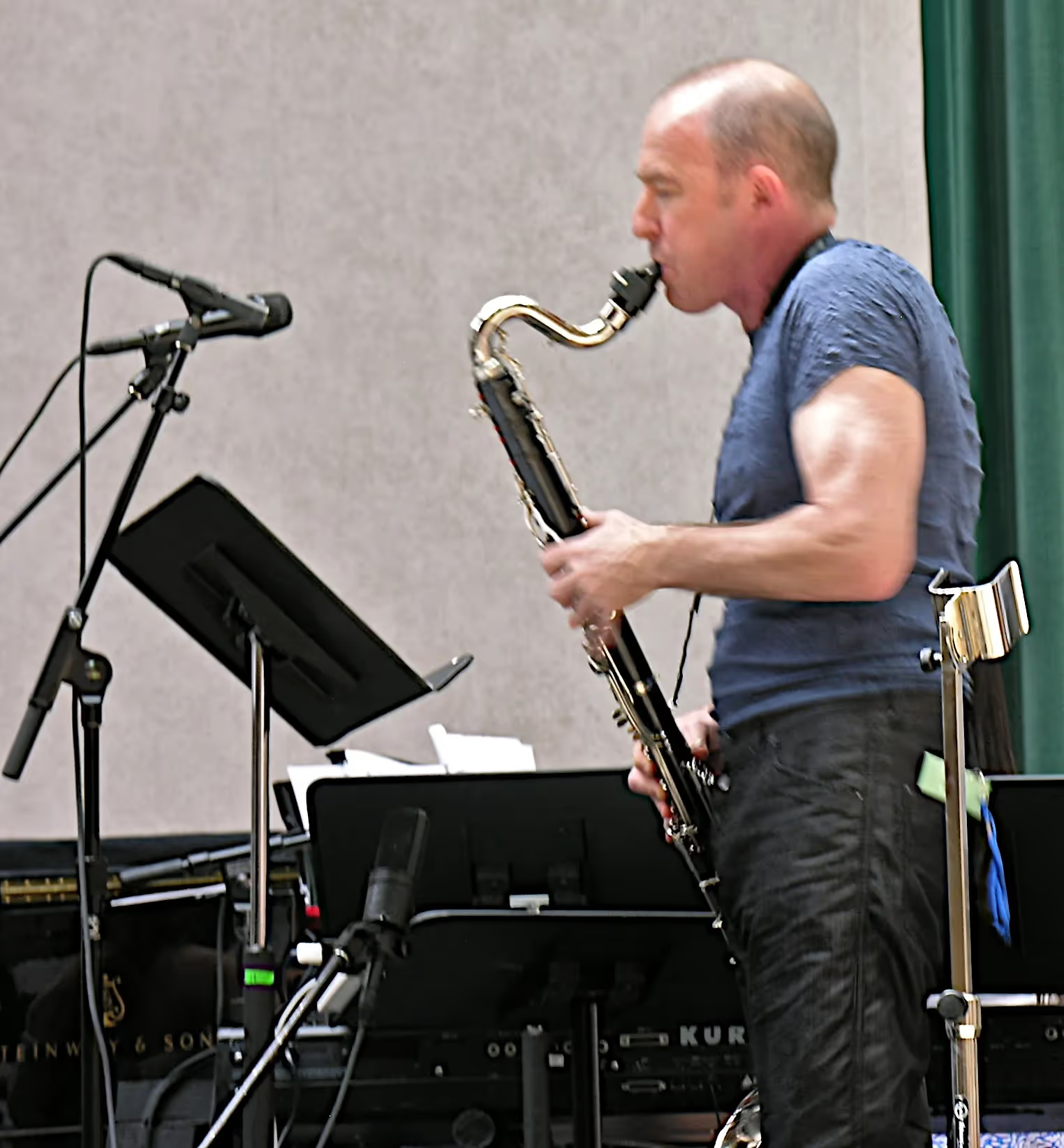
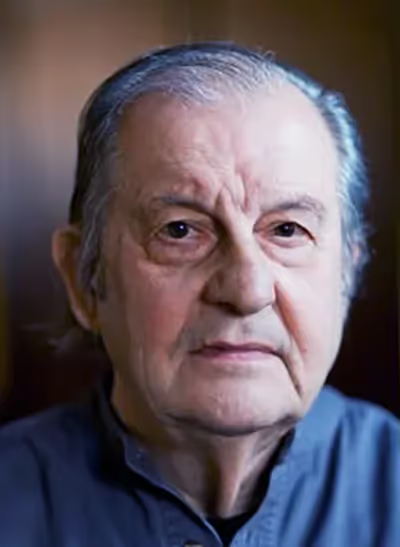

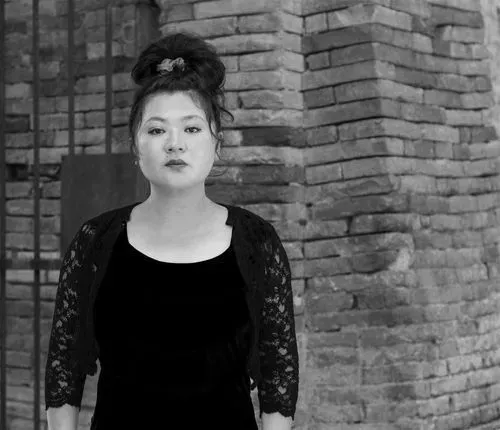
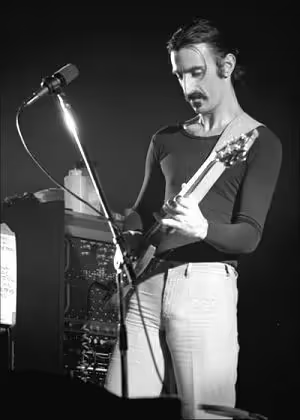
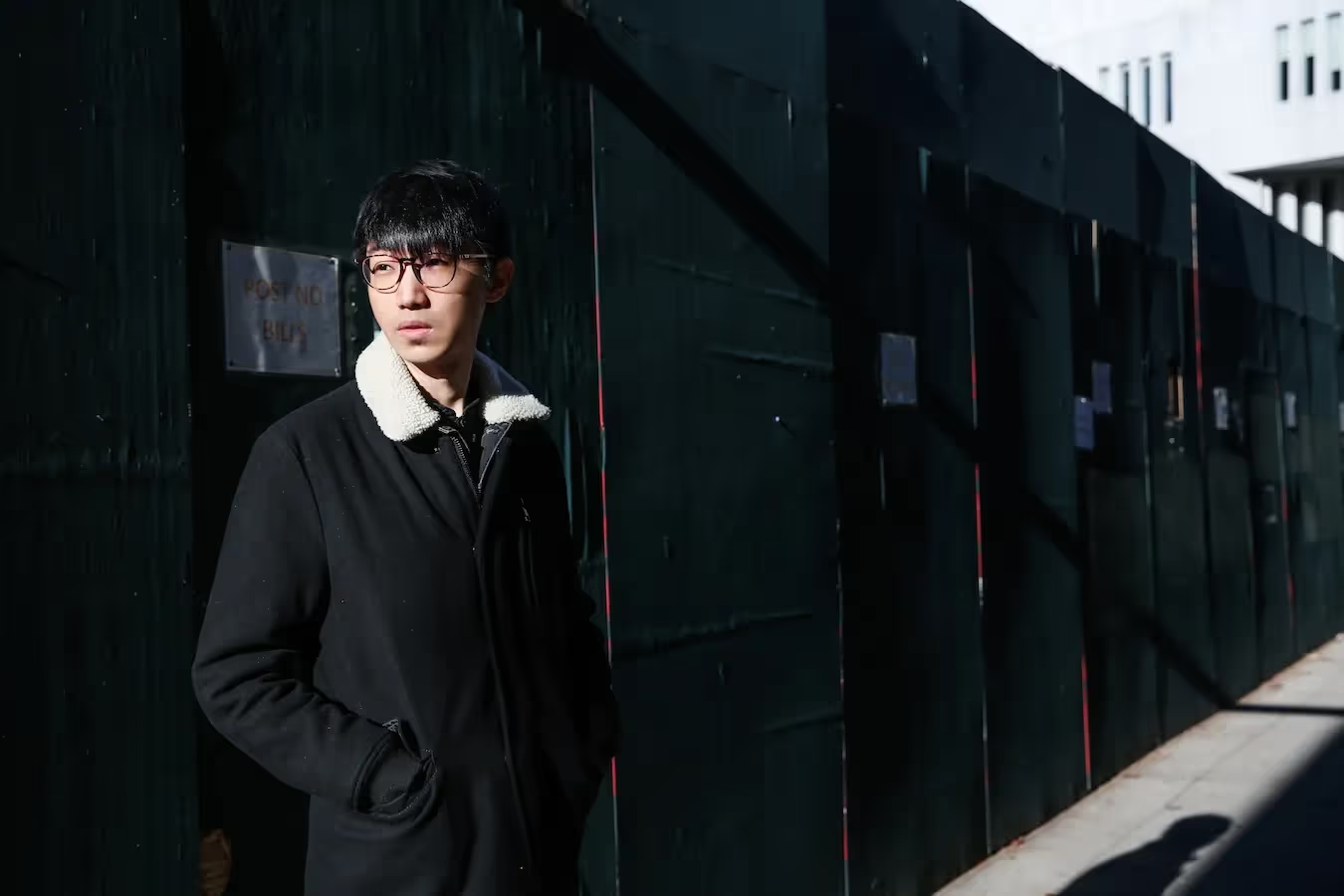
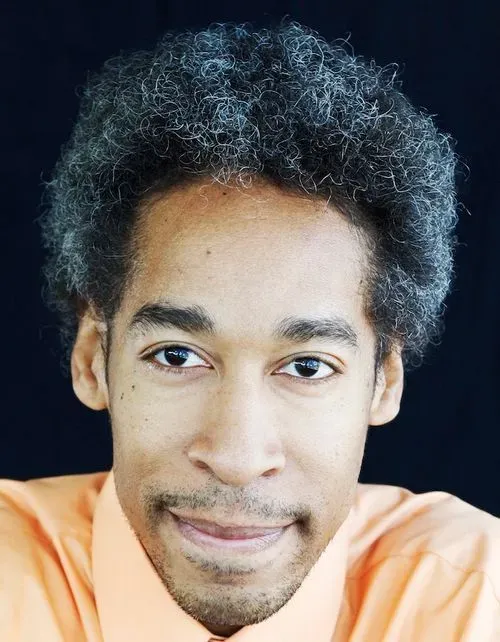



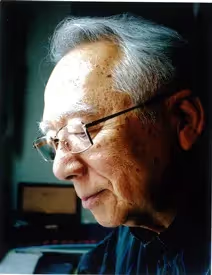
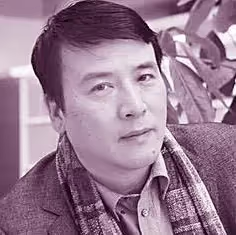
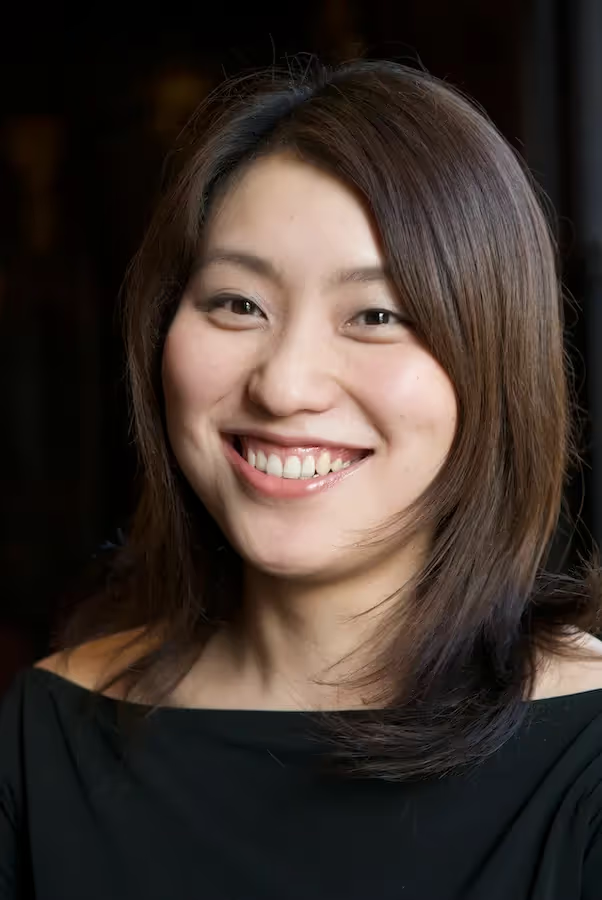

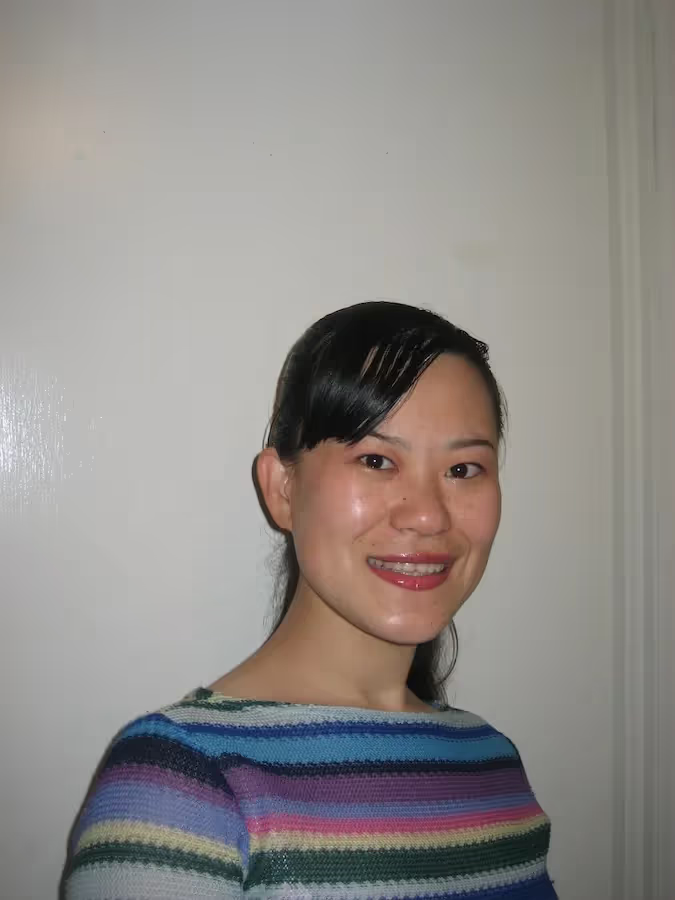
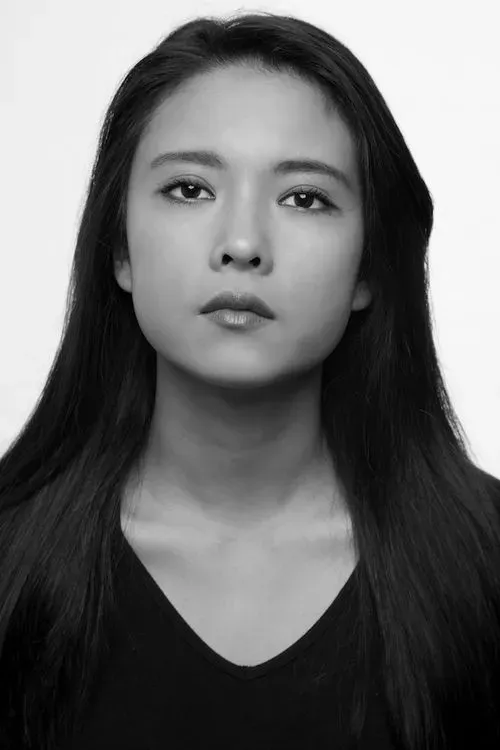
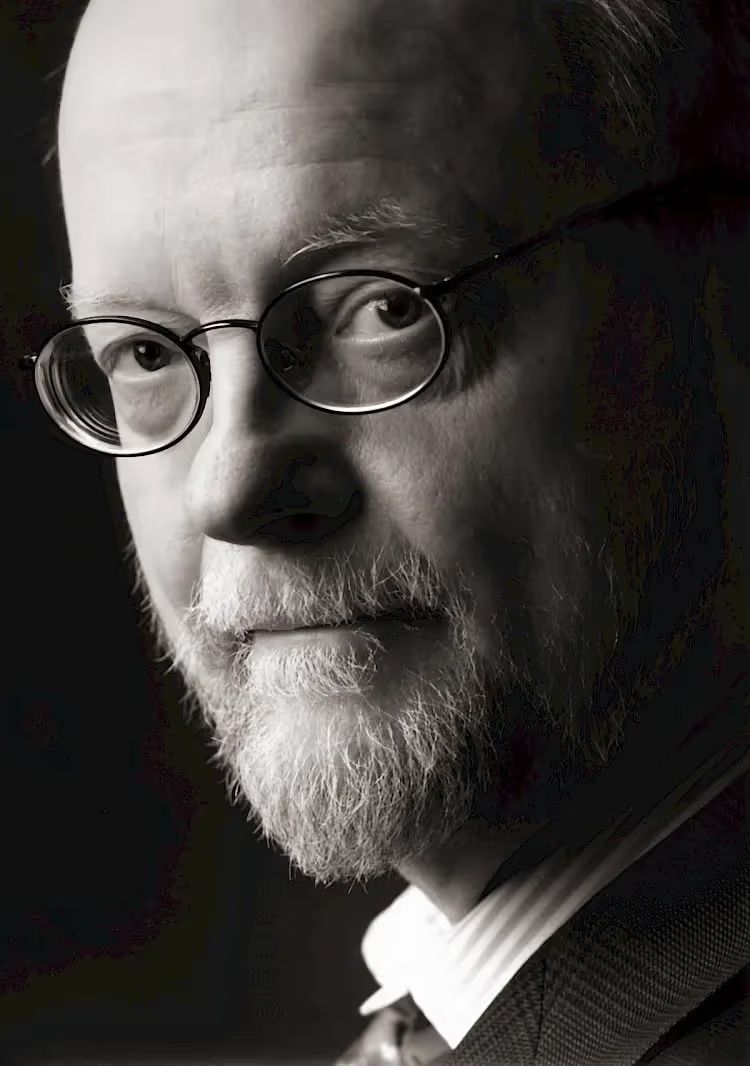
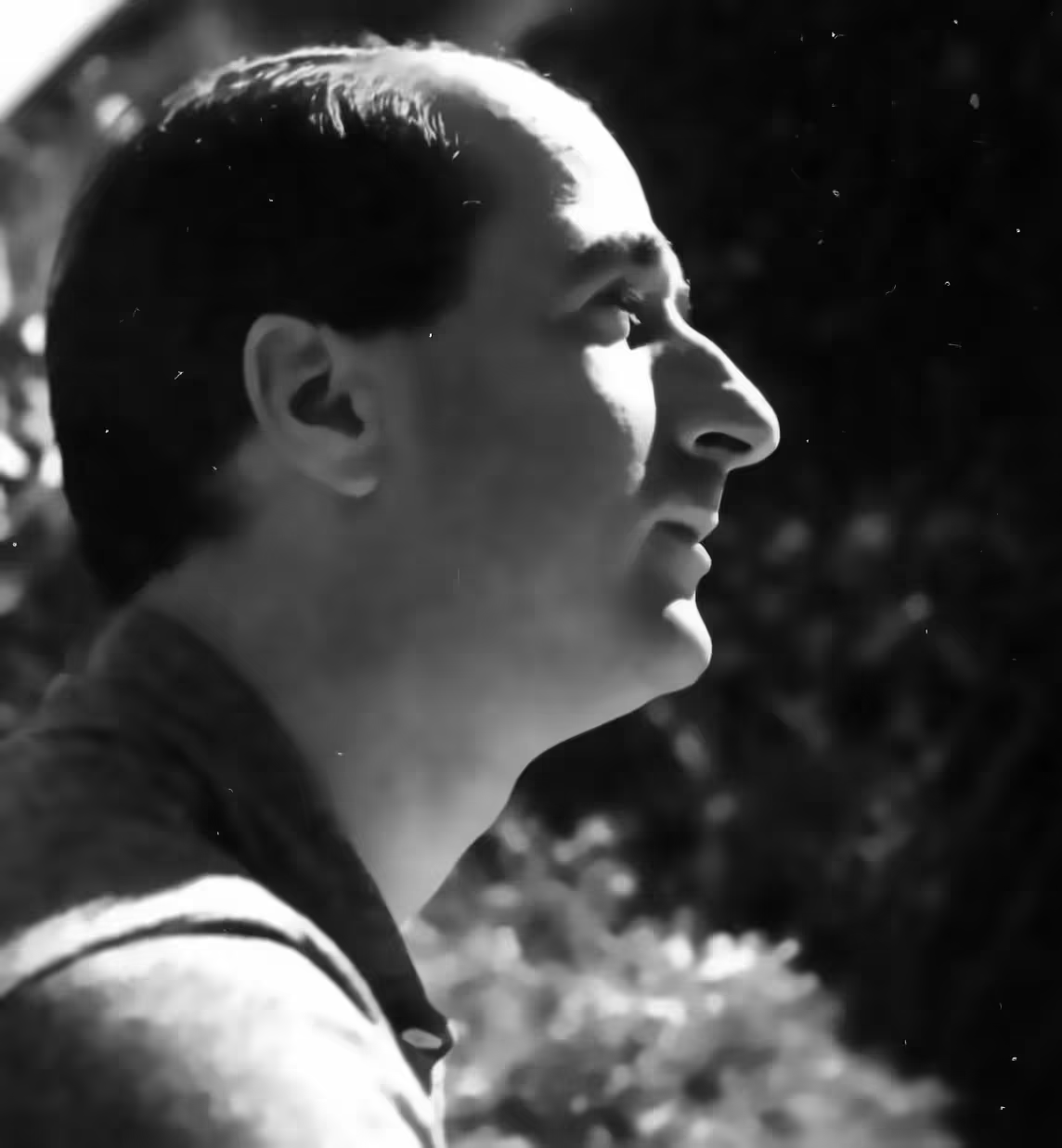
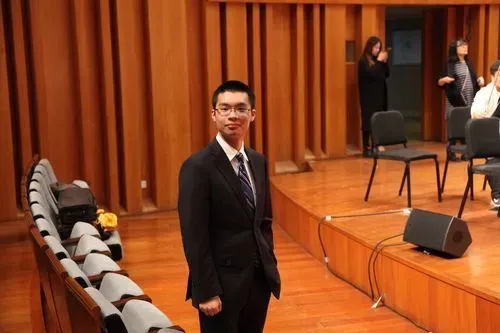
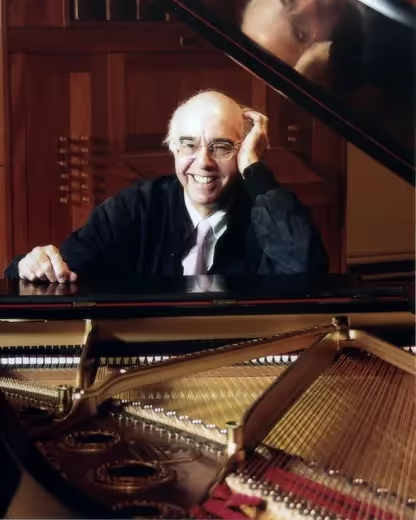

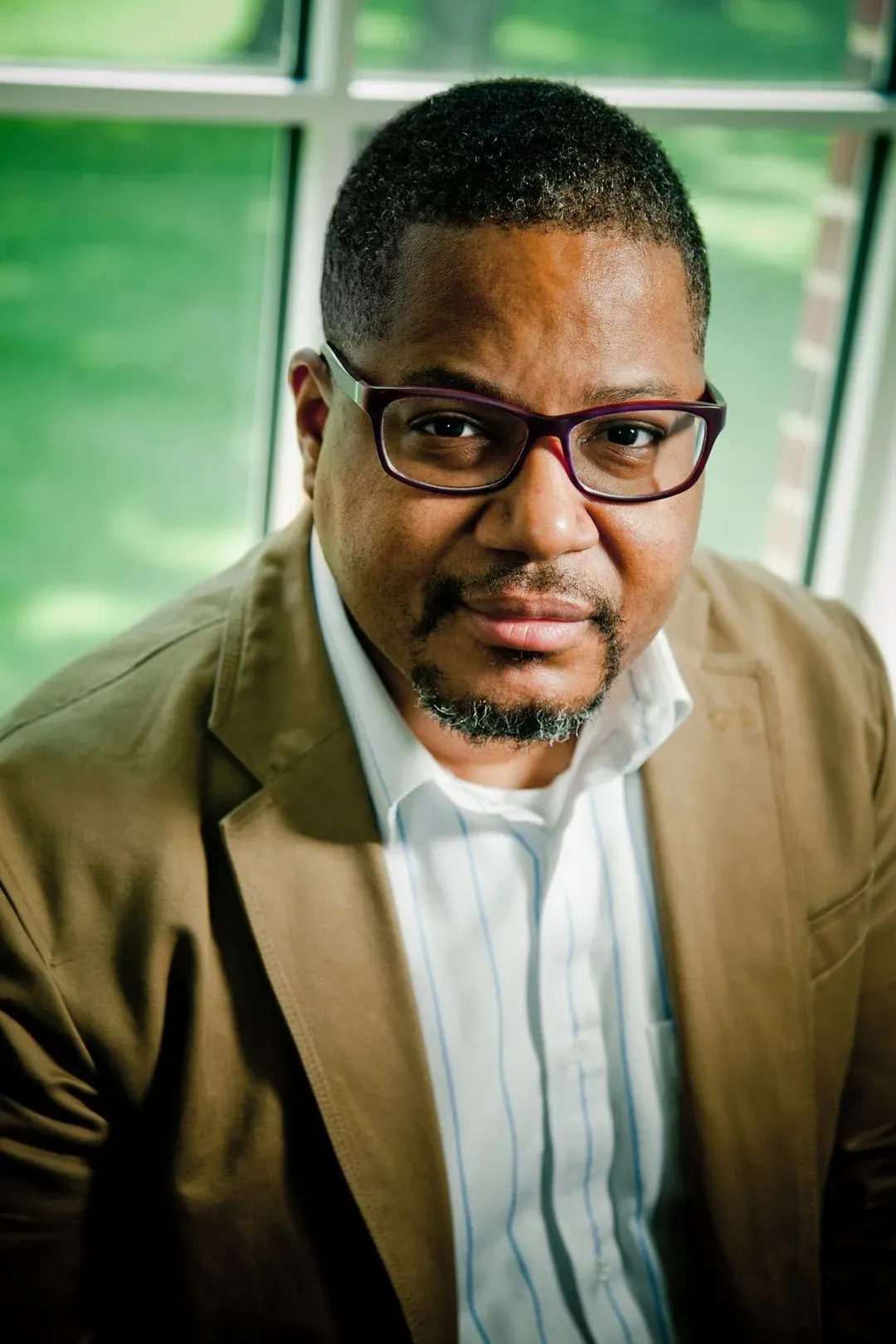
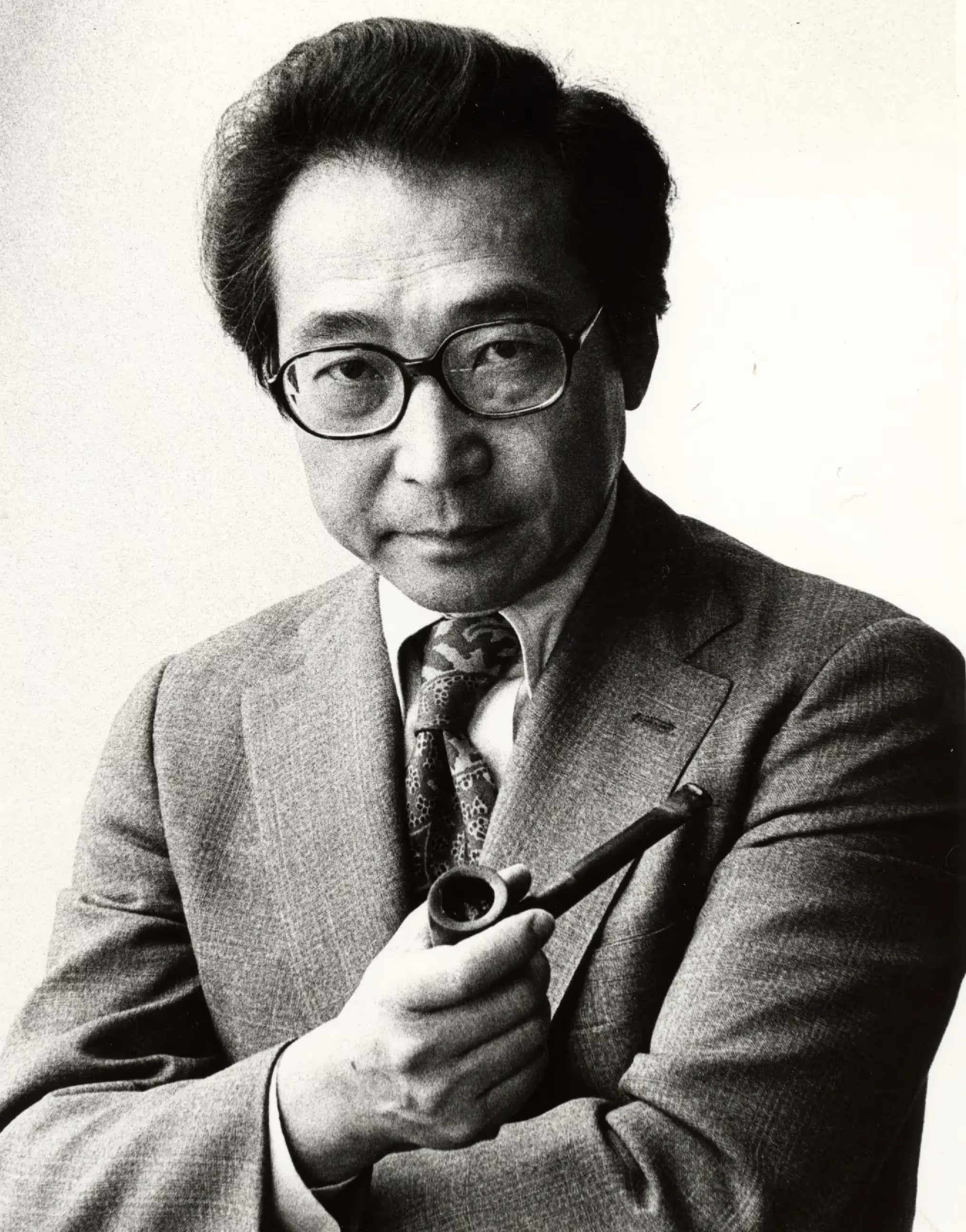
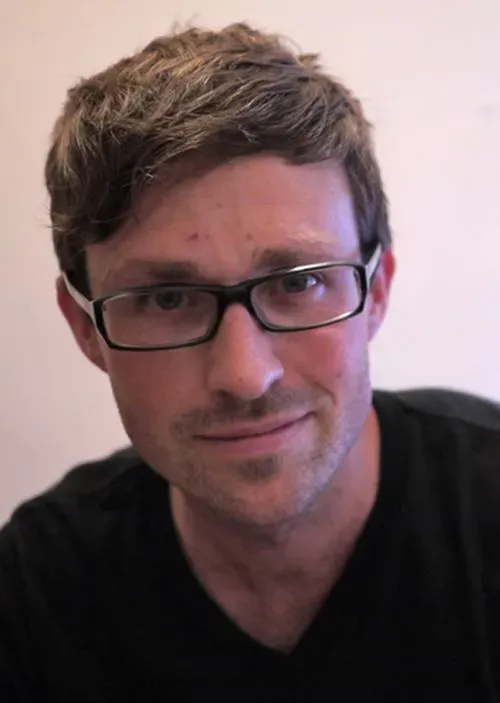
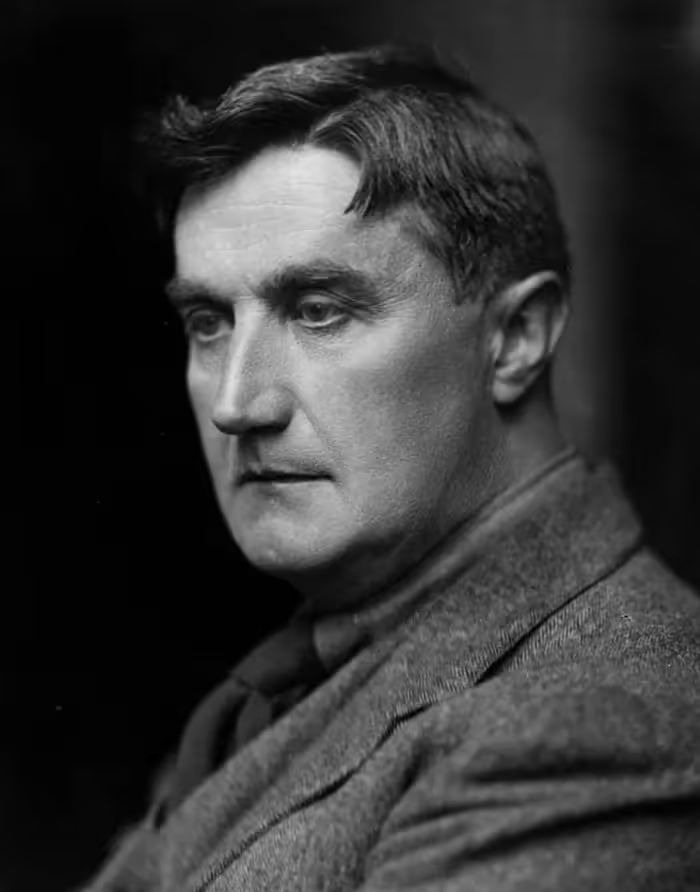
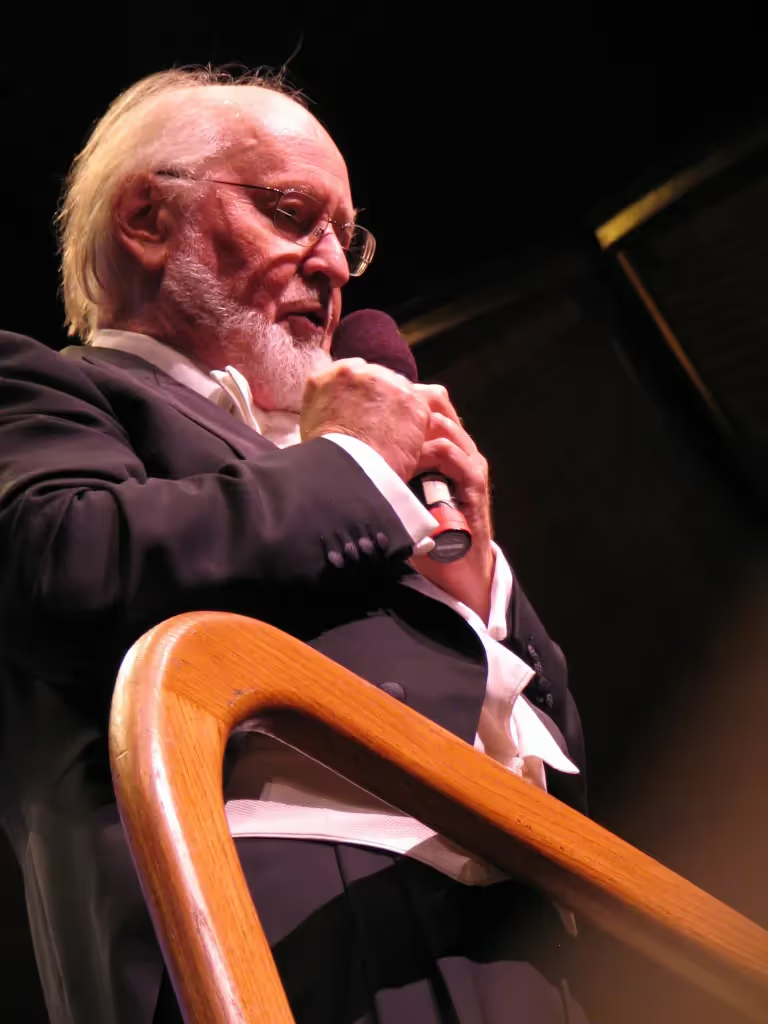
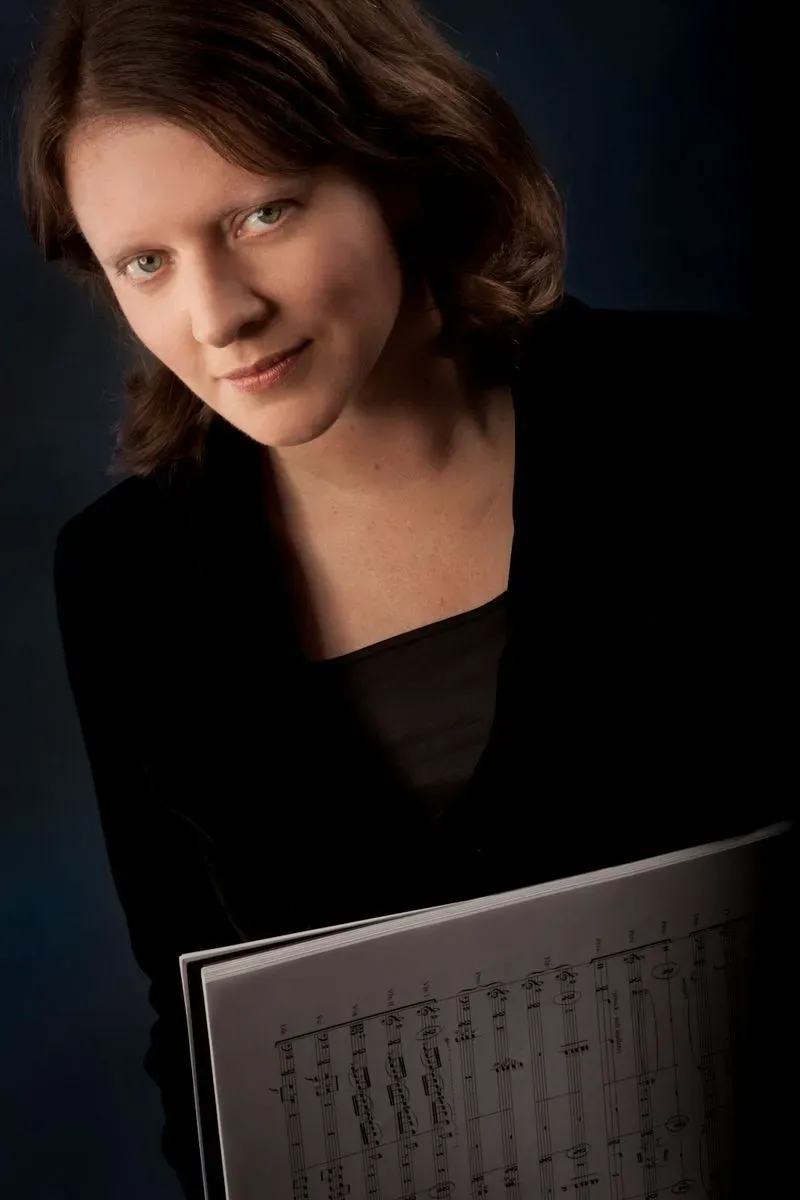
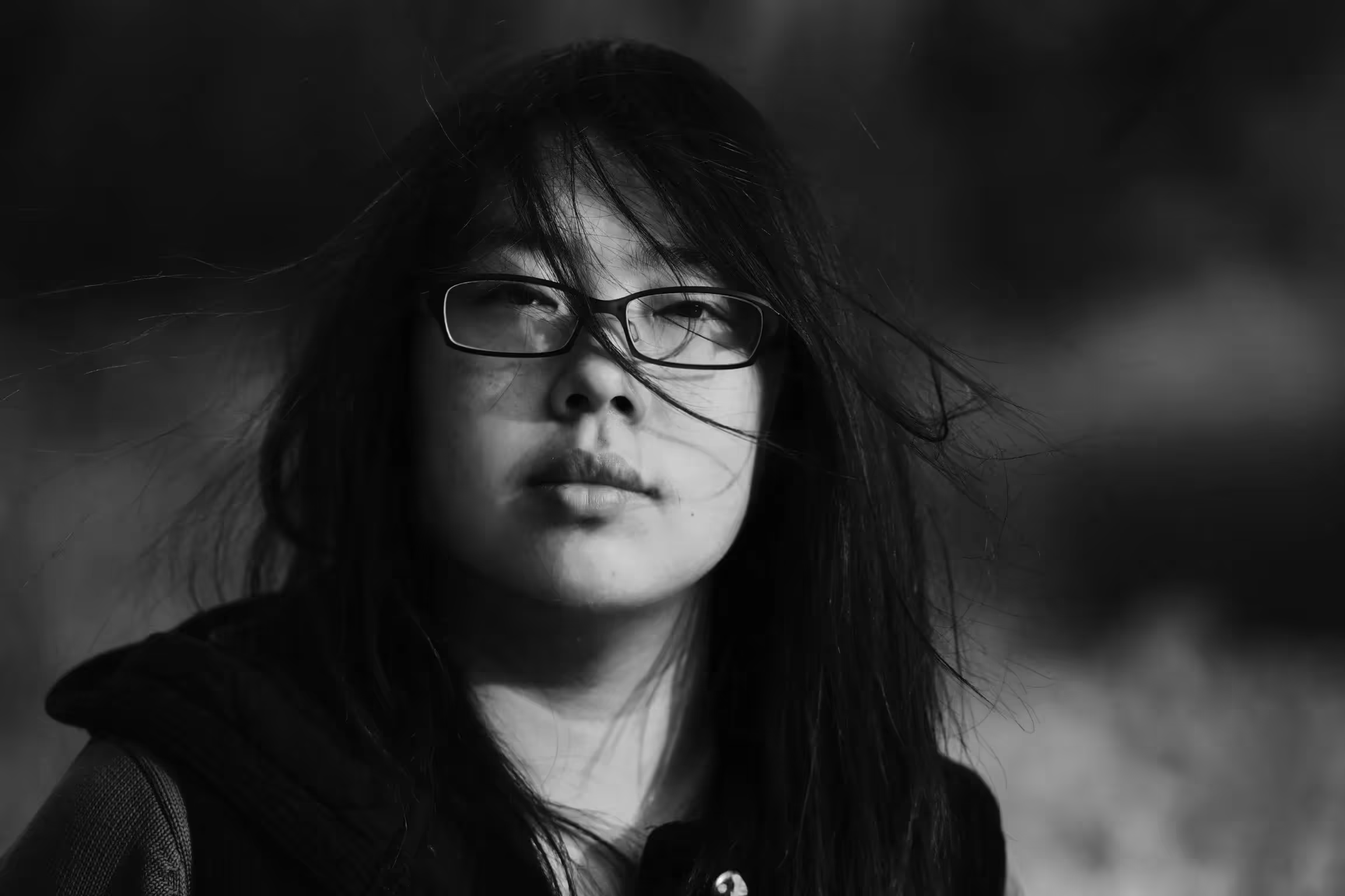
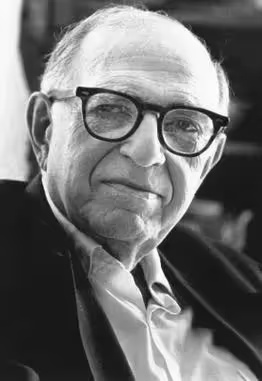
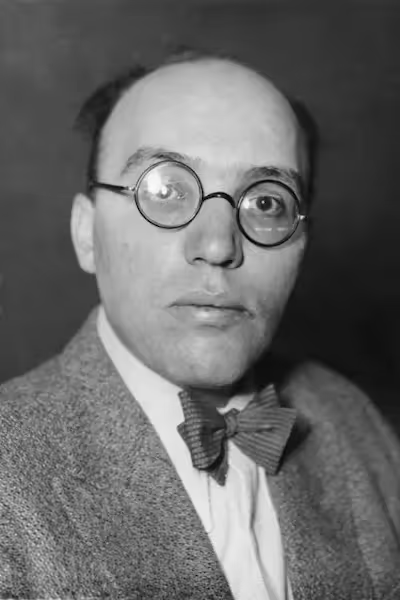

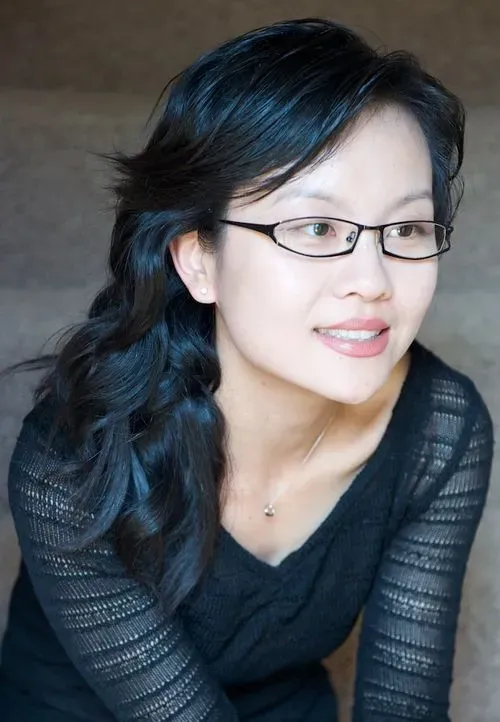
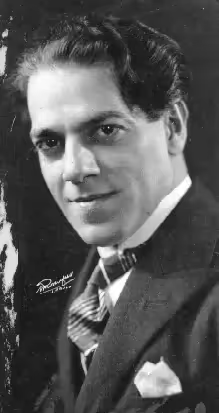
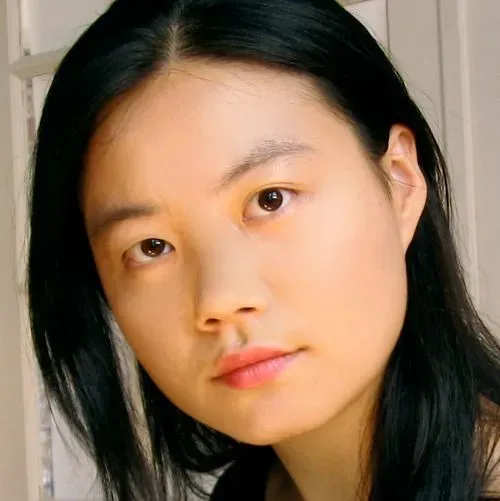


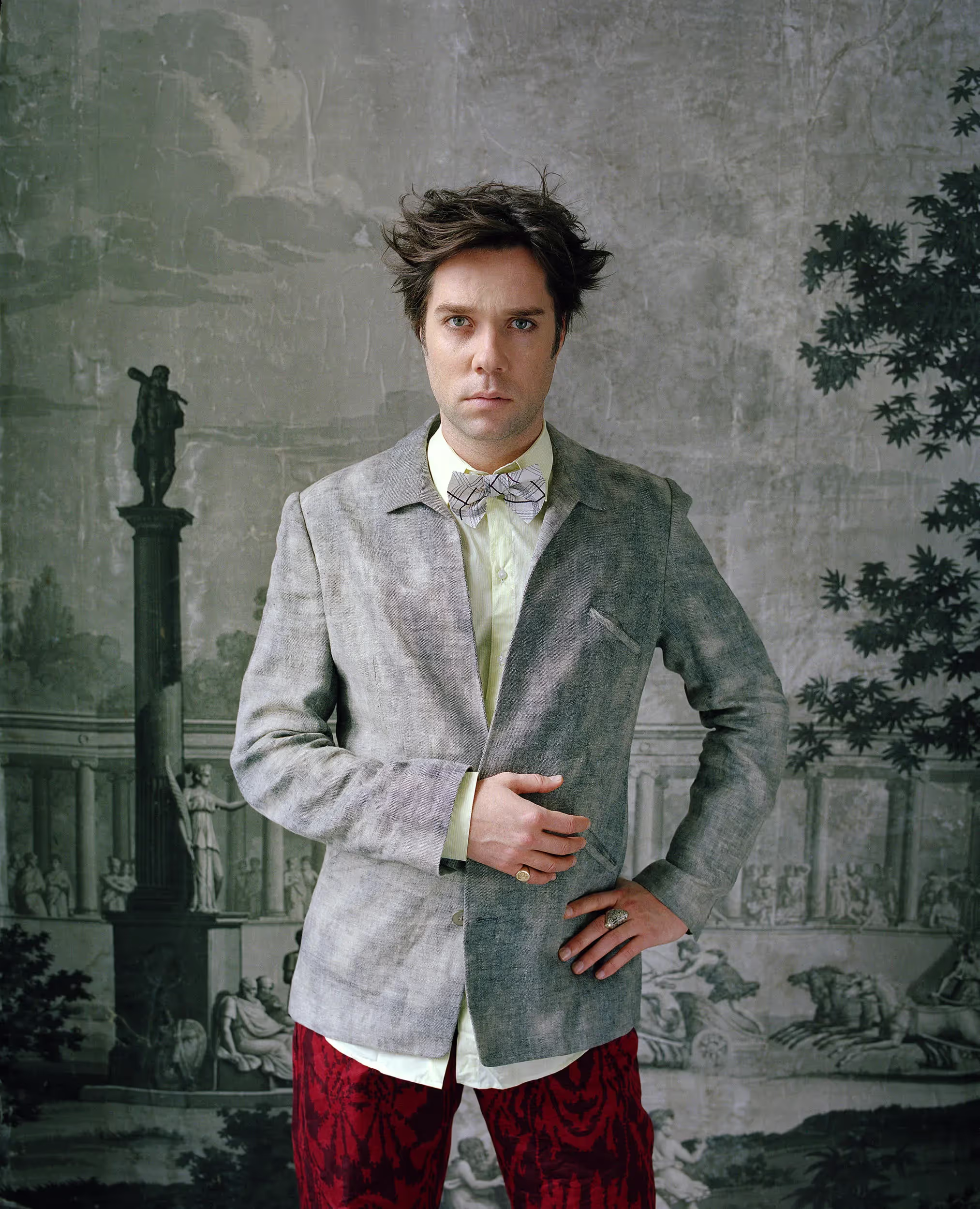
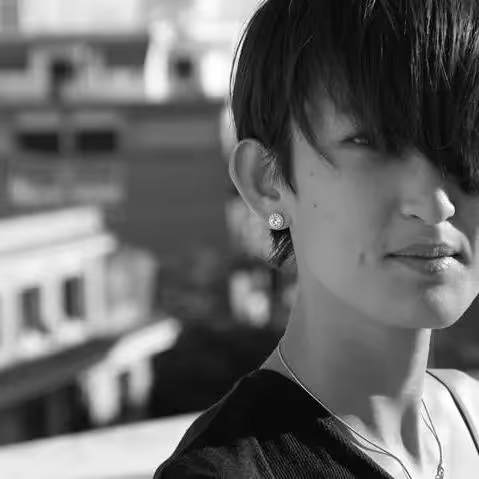

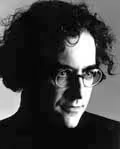
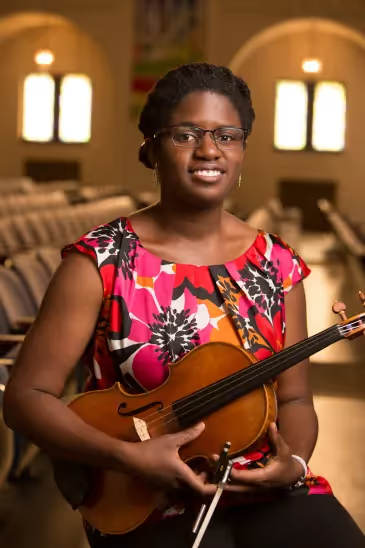
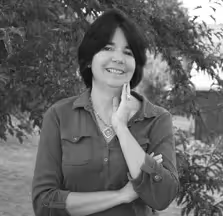
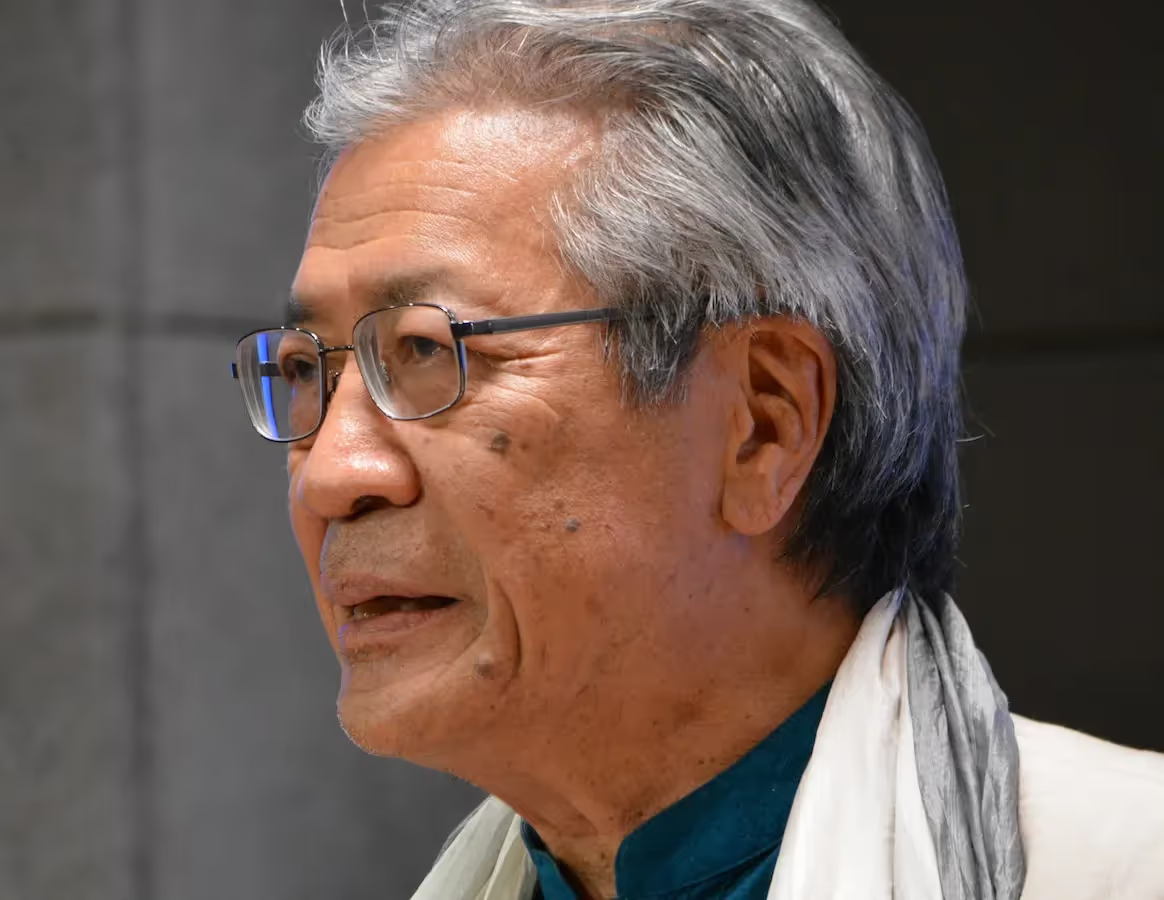
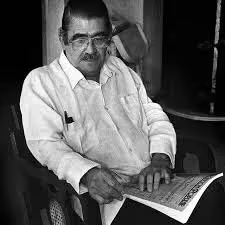


More information about this work please fill out the form below.
Thank you! Your submission has been received!
Oops! Something went wrong while submitting the form.
E.W. Korngold Goes to Nikkatsu was conceived from an experiment in combining the work of two of my favorite artists: Erich Wolfgang Korngold and Seijun Suzuki. Korngold’s work in the genre of film music created the “Hollywood Sound,” serving as the aesthetic bedrock of the Golden Age of Hollywood’s musical taste. However, his foray into film music left him marked and stigmatized by the concert hall, as he rarely found a welcoming concert review after he stepped on to the Hollywood soundstage.
The work of Seijun Suzuki is little known outside of his home country of Japan, yet his contributions to the field of cinema are both universal and highly visible. After beginning his career as a B-picture director at Nikkatsu Studios, he destroyed notions of narrative in his films and inserted aesthetic devices that turned his hard-boiled gangster flicks into arthouse specials and cult phenomena. Suzuki’s style is reflective of many different styles of film from the time. You can see the archetypes of American Westerns á la John Wayne rubbing elbows with the classical morals of Kurosawa and Ozu. Suzuki then throws in gratuitous amounts of sex and violence with an extreme dose of nihilism.
The main inspiration of E.W. Korngold Goes to Nikkatsu is in imagining a film of Suzuki’s scored by Korngold. Both of these artists worked in aesthetics of excess – Korngold with his hyper-Romanticism, and Suzuki with his seemingly never-ending action sequences and hyper-masculine (to the point of parody) heroes.
The work of Seijun Suzuki is little known outside of his home country of Japan, yet his contributions to the field of cinema are both universal and highly visible. After beginning his career as a B-picture director at Nikkatsu Studios, he destroyed notions of narrative in his films and inserted aesthetic devices that turned his hard-boiled gangster flicks into arthouse specials and cult phenomena. Suzuki’s style is reflective of many different styles of film from the time. You can see the archetypes of American Westerns á la John Wayne rubbing elbows with the classical morals of Kurosawa and Ozu. Suzuki then throws in gratuitous amounts of sex and violence with an extreme dose of nihilism.
The main inspiration of E.W. Korngold Goes to Nikkatsu is in imagining a film of Suzuki’s scored by Korngold. Both of these artists worked in aesthetics of excess – Korngold with his hyper-Romanticism, and Suzuki with his seemingly never-ending action sequences and hyper-masculine (to the point of parody) heroes.
Recordings
No recordings found.
ACO PERFORMANCES
Jacksonville Symphony Orchestra Earshot New Music Readings (2017-2018)
Recording
Journey
Neither man nor money validate my worth
Water Sings Fire - Excerpt
The Winter that United Us
Song of the Flaming Phoenix: Symphonic Poem for Sheng and Orchestra by Fang Man
Words for Departure for choir and orchestra by Hilary Purrington
No Thing Lives to Itself by Robin Holcomb
Red Dirt | Silver Rain (excerpt)
Bolero/Bachata from Tumbao
"Tumbao" Movement 1 "Salsa"
Yvette Janine Jackson Interview with Garrett McQueen
Mark Adamo + Jeffrey Zeigler in conversation with Garrett McQueen
Weathering by George Lewis
Lisa Bielawa: Sanctuary, Violin Concerto. mvt 3
Lisa Bielawa, Sanctuary, Violin Concerto mvt 2
Lisa Bielawa, Sanctuary, Violin Concerto mvt 1
Prophecy in Reverse by Paula Matthusen
Invisible Portals by Dai Wei
Tuxedo: Vasco 'de' Gama (2020) by Hannah Kendall
Restless Oceans by Anna Clyne
Viet Cuong + Victor Caccese of Sandbox Percussion in conversation with Garrett McQueen
Hello, Tomorrow! - Yvette Janine Jackson
Interview with Guillermo Klein
Chrystal E. Williams & Felipe Hostins in Conversation with Loki Karuna
Rei Hotoda in Conversation with Curtis Stewart
Kaki King and D. J. Sparr in Conversation with Curtis Stewart
Kaki King /D J Sparr - The Divided Mind from Modern Yesterdays
Kaki King - Puzzle Me You from Modern Yesterdays
Kaki King - Can’t Touch This or That or You or My Face from Modern Yesterdays
Kaki King - God Child from Modern Yesterdays
Materia Prima by Carlos Bandera
Floodplain by Ellen Reid
Fate Now Conquers by Carlos Simon
Her Land, Expanded by Tonia Ko
Right Now - John Glover/Kelley Rourke
Lowak Shoppala' (Clans) by Jerod Tate
Jazz Symphony by George Antheil
Spirituals for String Orchestra: 10. Homage To Ravel (An Arrangement of “Balm in Gilead”) by Steven R. Gerber
Frailejón by Samuel Torres
Demografía acústica: % / Acoustic Demography: % by Sofía Scheps
Dirty Ice by Madeline Merwin
Kaleidoscope by Eunsung Kim
Statements- a journal entry by Malachi Brown
After the Freeze by Anuj Bhutani
Hommage à Khāleqī by Daniel Sabzgabaei
Mimi's Song by Amy Nam
Gia Đình by Oswald Huỳnh
Rencontres by Brittany J Green
I forgot to say good morning today by Henry Dorn
Feast of Particles by Younje Cho
Fetters by Yuqin Strucky Yi
Increment by Will Stackpole
Restrung by Tommy Dougherty
Ashes and Embers by Yuting Tan
Wraith Weight by Elijah Smith
Bolghar by Adeliia Faizullina
Persephone by Patrick Holcomb
Tomas Peire Serrate: Rauxa
Lowak Shoppala' (Clans) by Jerod Tate
Right Now by John Glover & Kelley Rourke
Fate Now Conquers by Carlos Simon
Carlos Simon in Conversation with Garrett McQueen


